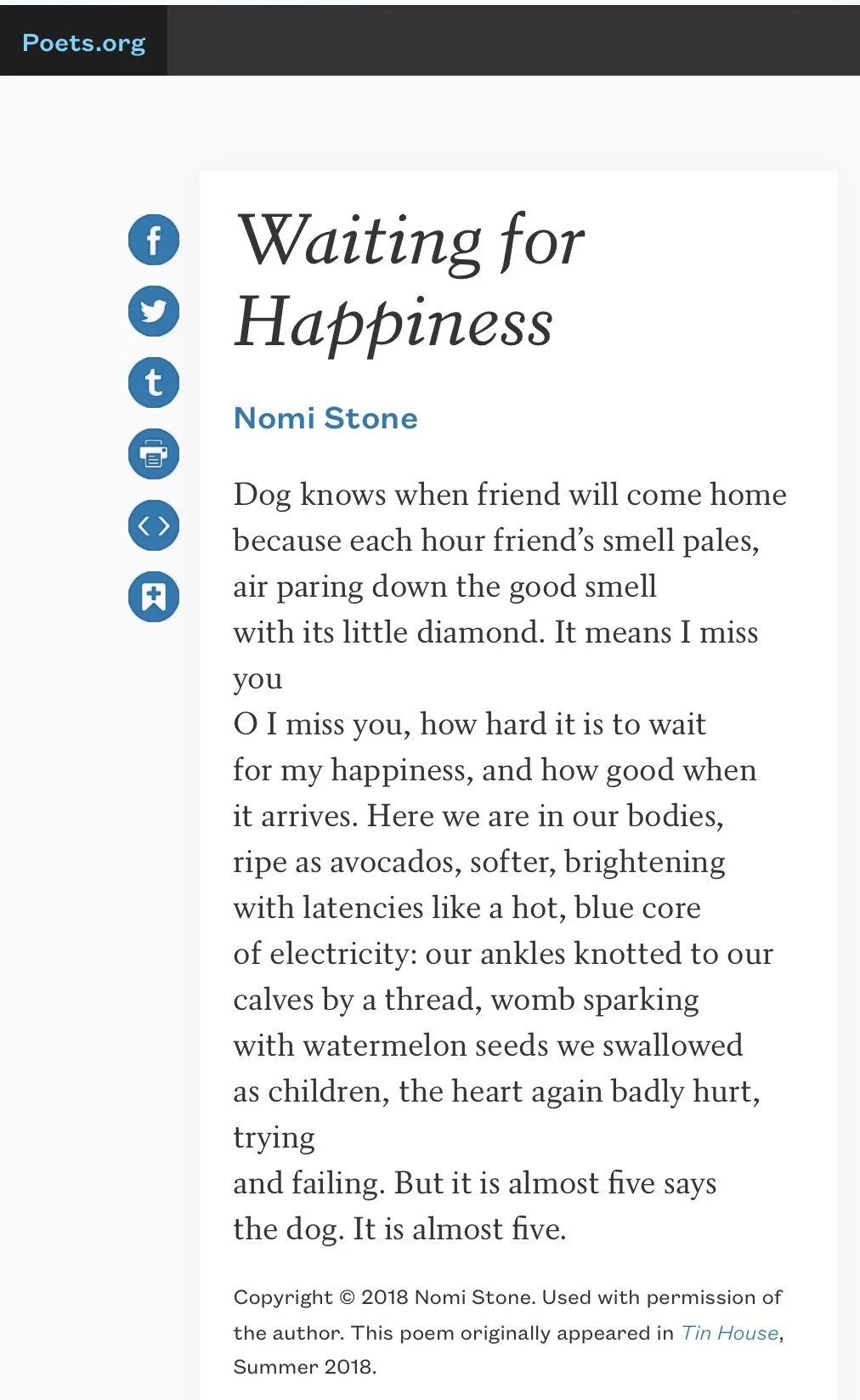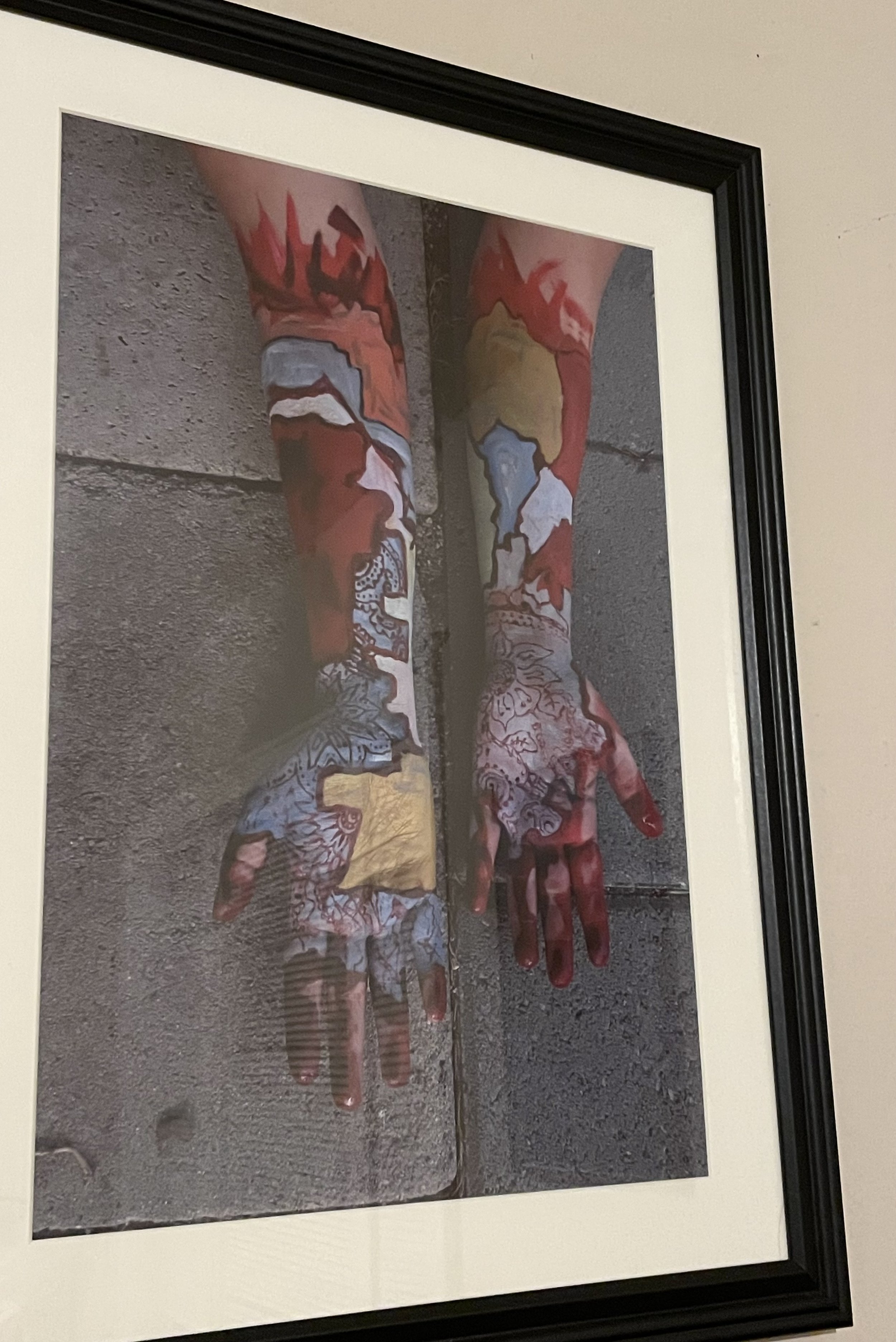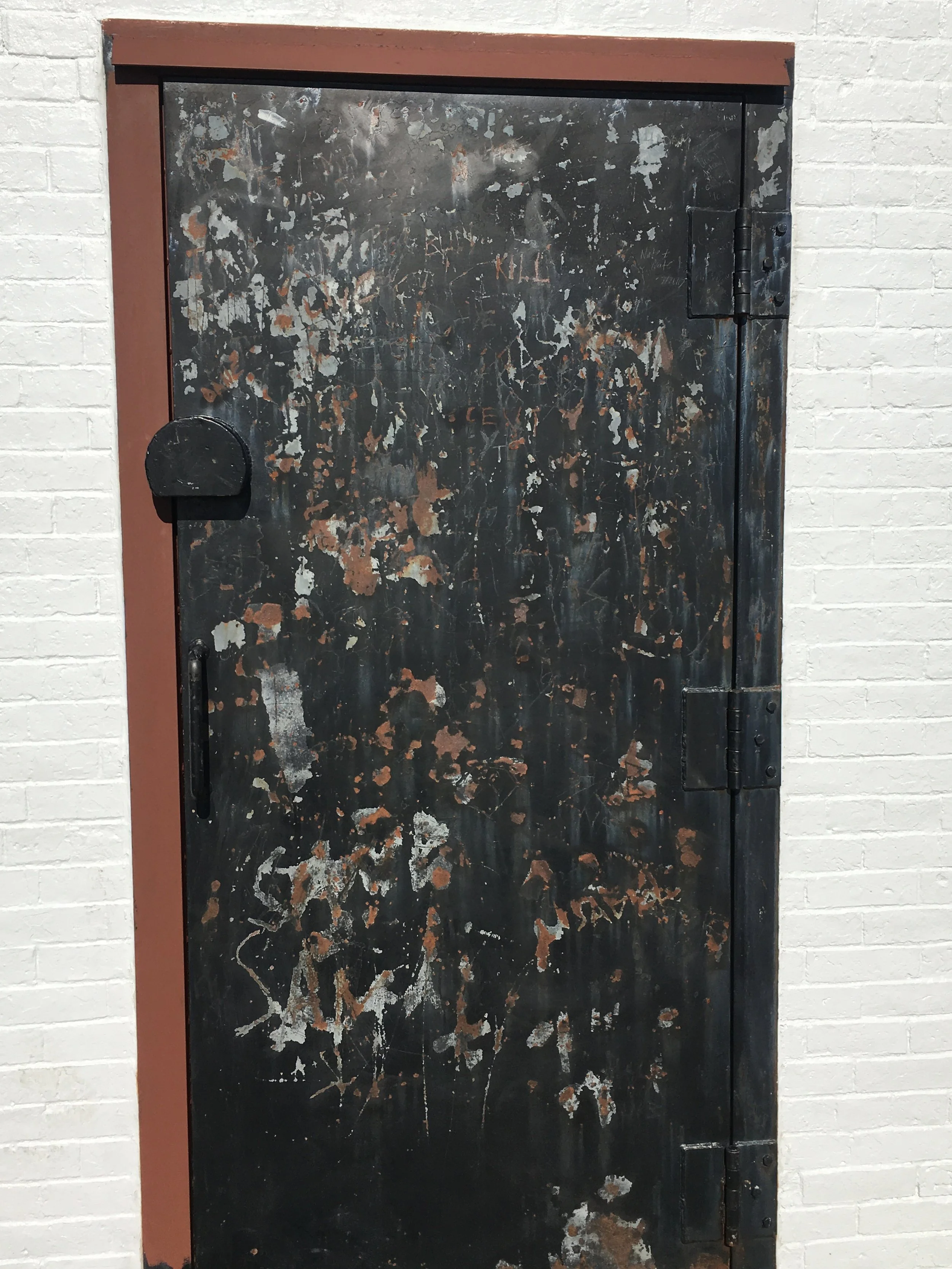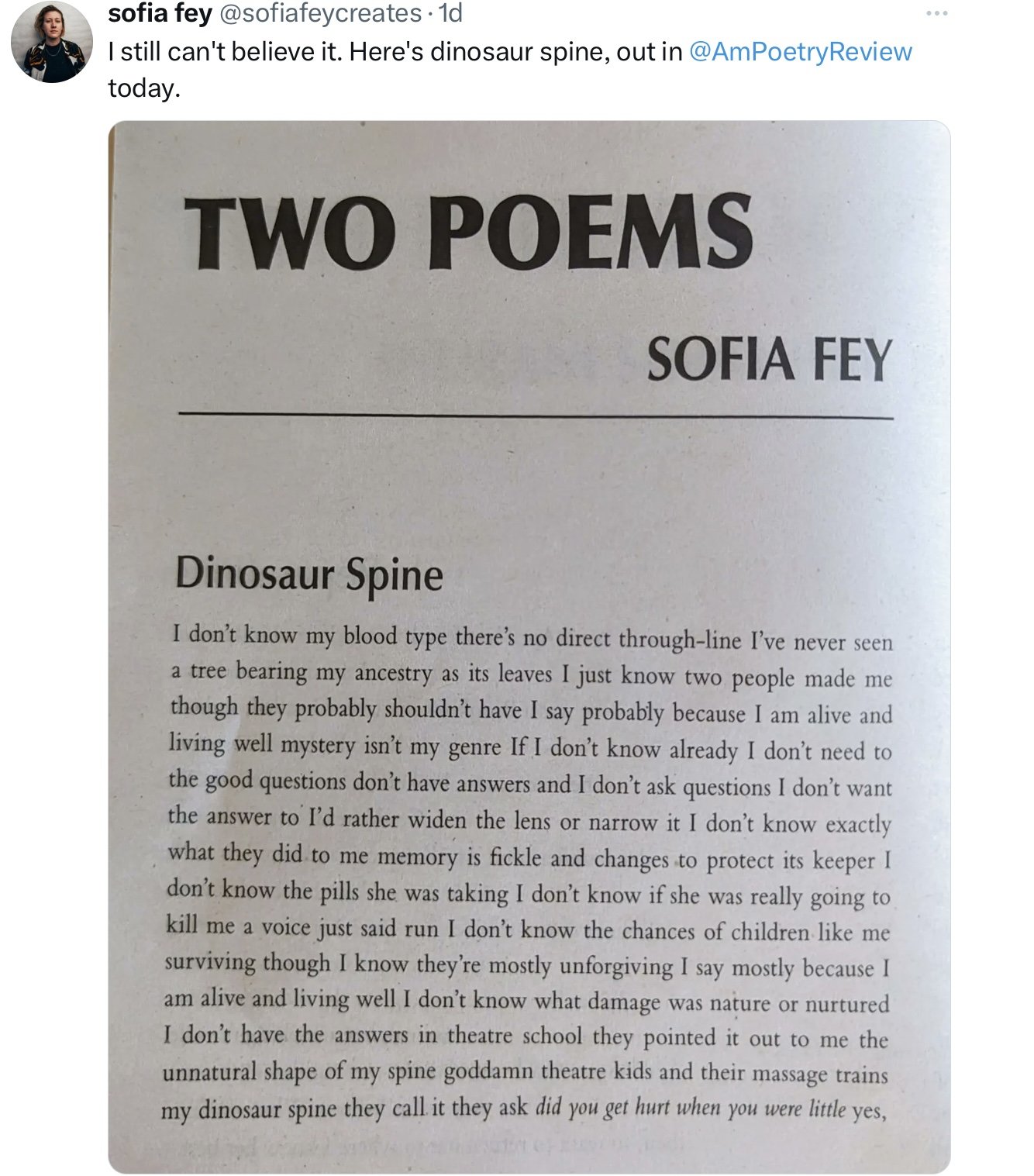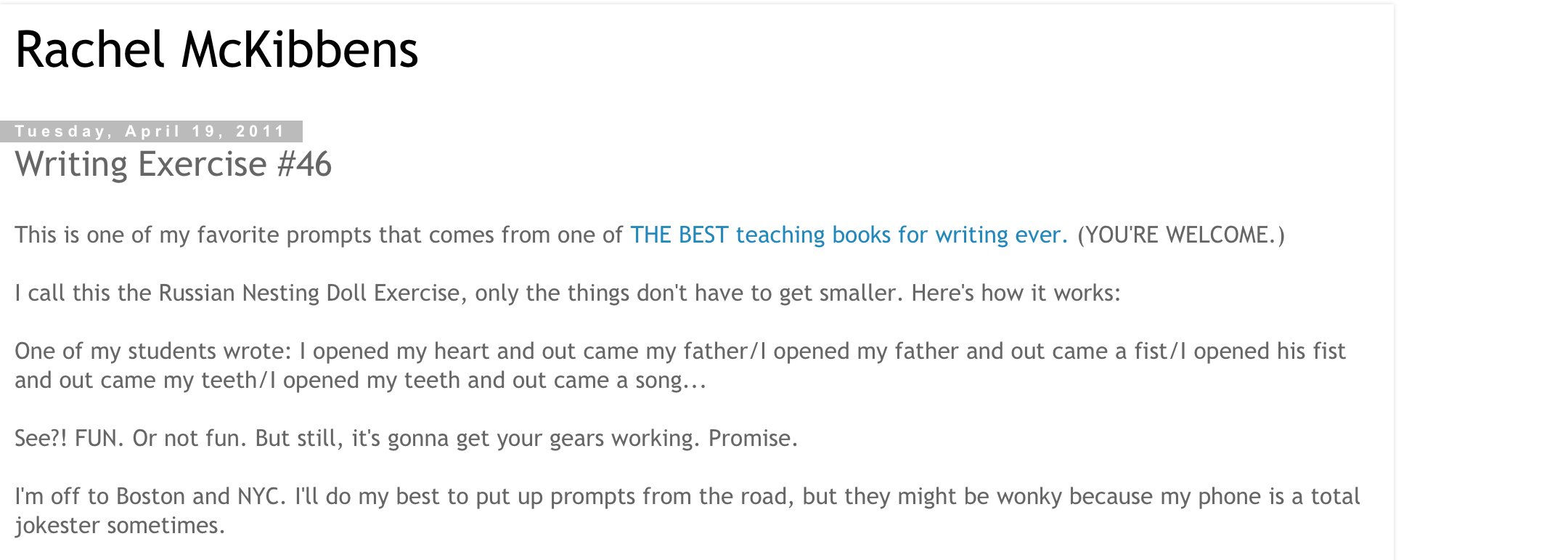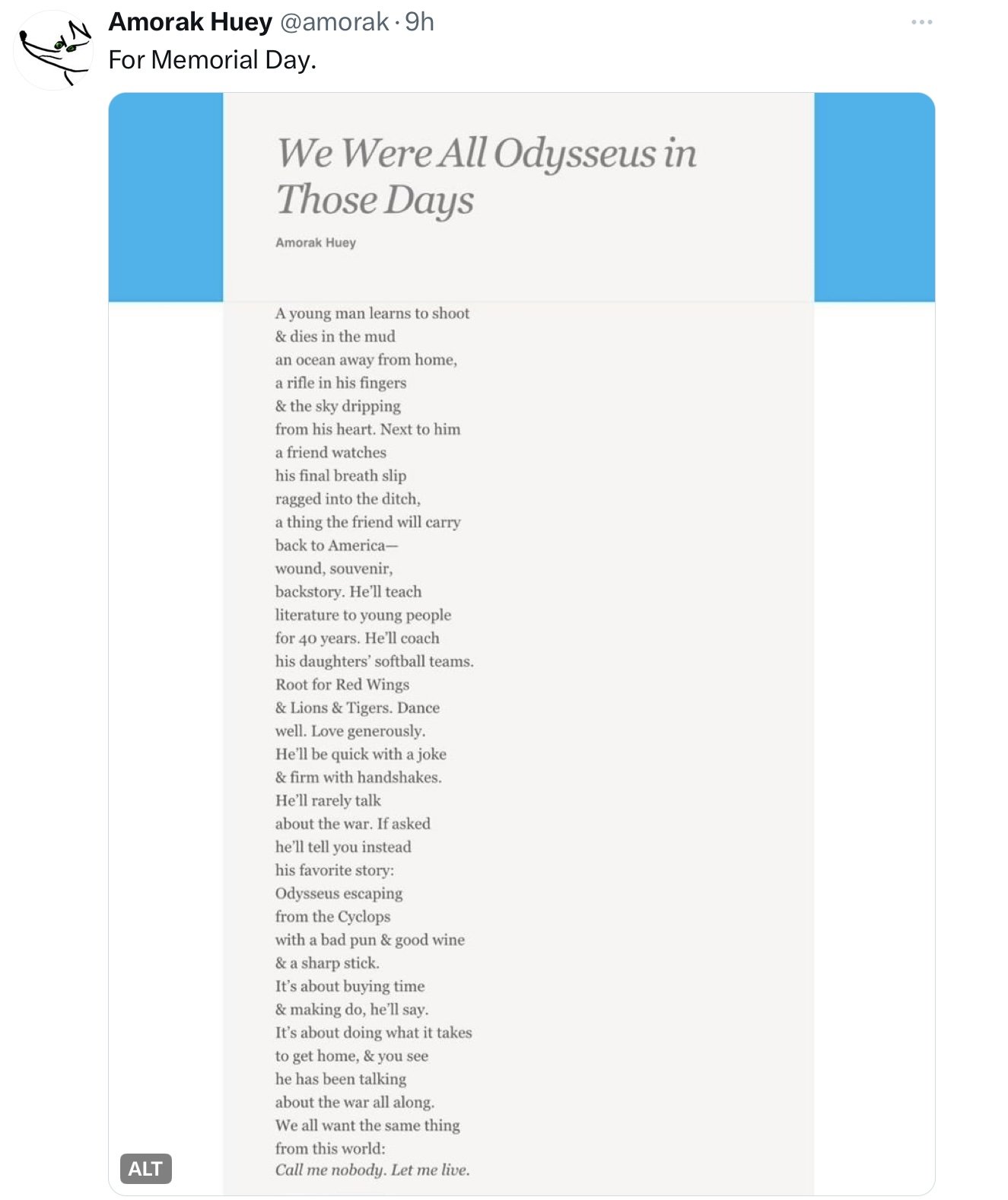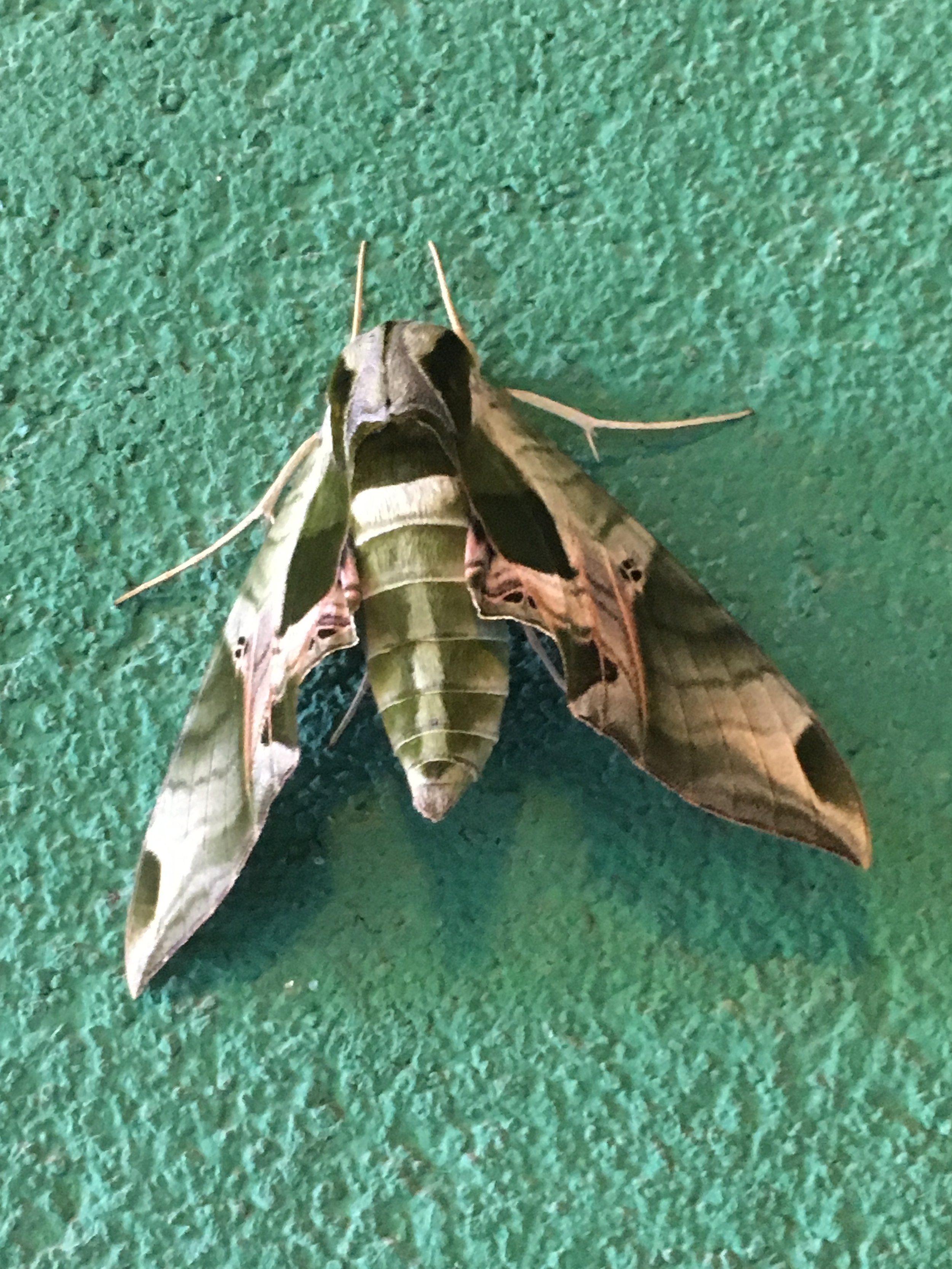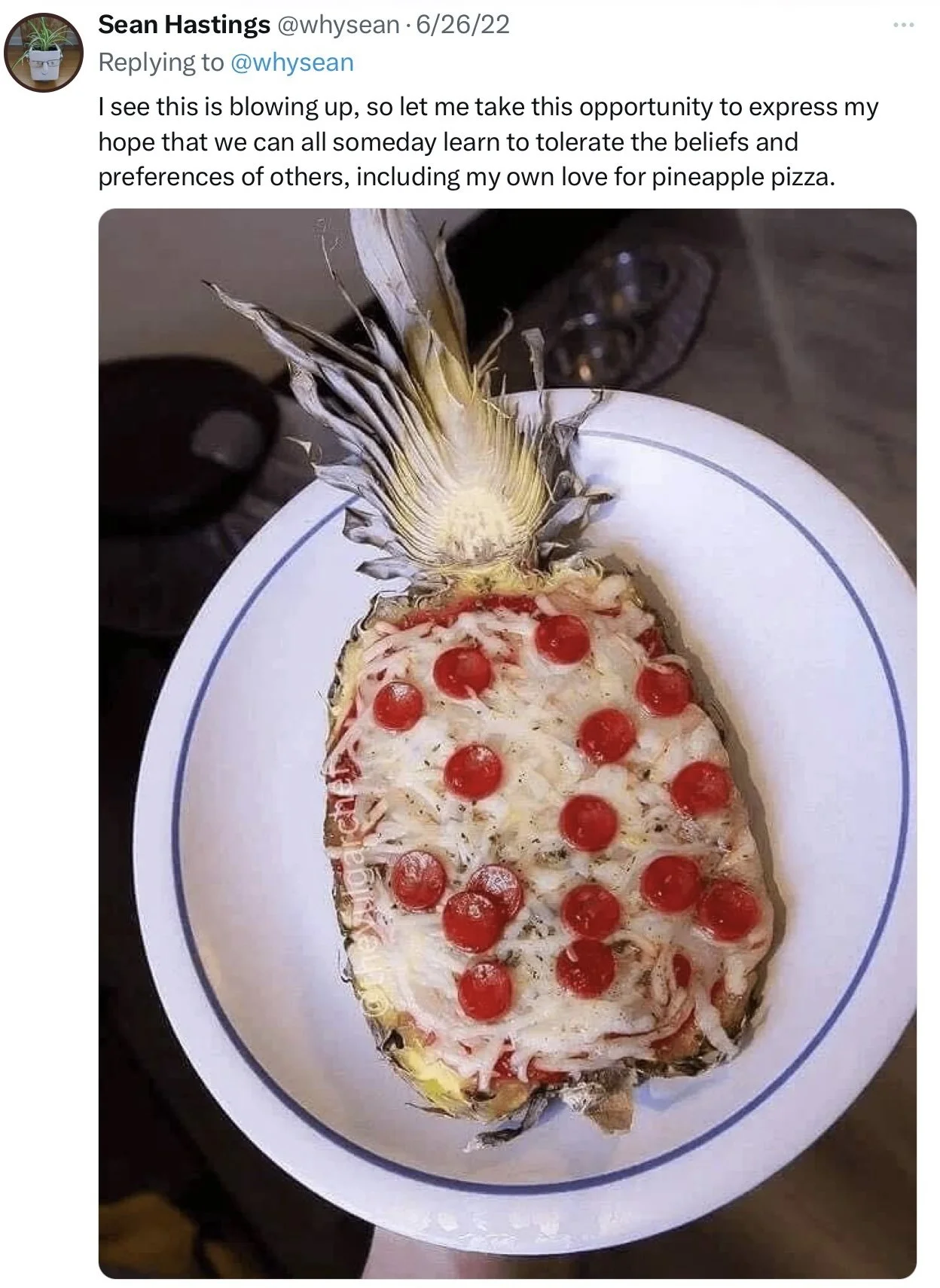California is having its first tropical storm hit landfall in decades as I am leaving it for a coast barraged with hurricanes, and with the current warmth of its waters, likely to be a hard September of storms. Changing desert and irrigated lushness for bayous and canals and flood zones. I am hoping for home, one closer to family though farther from the friends I’ve made into a second family. By my side will be a partner without whom I would slip into pale emptiness, both a drowning and a desiccation by degrees. I am a woman who finally found shelter even from the storms of my own spinning, the disasters I’ve made of the life given me and taken from me, a haven for all my days.
For the first prompt, describe yourself or your family as a building or structure. Are you/your family made of stone or sticks, glass or cast iron? Is the roof secure, the walls thick? Is there a door? Do you want there to be one that you could walk outside yourself and leave?
The second prompt is to start the first line (or your title) as “I raised myself to believe” but describe how you’ve cut yourself or your possibilities down. Be sure to credit the poet for your inspiration.
For the third, write a poem on what you wish you could talk about with your family. What can you not say until you leave or they are gone?
Your last prompt is for a writing exercise: Mad Lib this poem, replacing nouns and adjectives with your own. The structure will likely be too close to the original to publish, but it can spark your writing in a new direction. If possible, take one of the lines you recreated and use that for either your first line or last line.
Bonus prompt: write an ekphrastic poem or short story under the theme of shelter. How well would you/your protagonist survive here?
Good luck writing!







